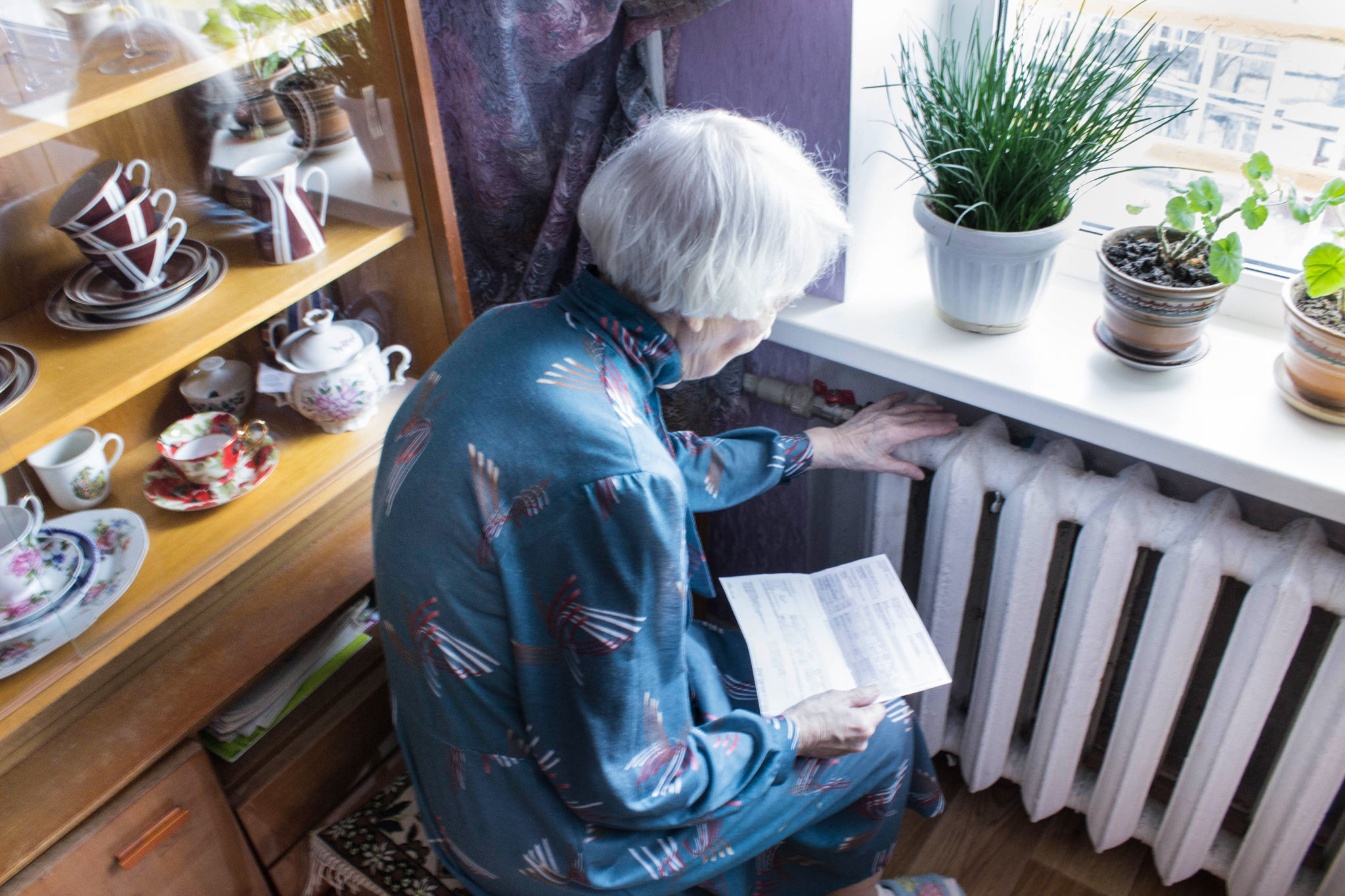Winter Safety Tips for Seniors in Phoenix: Staying Safe and Warm
Understanding the Unique Challenges of Phoenix Winters
While Phoenix is known for its generally mild winters, the desert climate can still present unique challenges for seniors. The temperature can drop significantly at night, creating a need for proper warmth and safety measures. Understanding these challenges is crucial in ensuring that seniors remain comfortable and safe during the colder months.
In addition to temperature fluctuations, seniors may also be more susceptible to respiratory issues due to the dryness in the air. It's important to keep indoor environments humidified to prevent discomfort and health issues. Taking proactive steps can help mitigate these challenges and keep seniors healthy throughout the winter.

Keeping Warm Without Overheating
Maintaining a comfortable indoor temperature is essential during the winter months. Seniors should aim to keep their homes at a consistent temperature, ideally between 68 and 72 degrees Fahrenheit. Using a programmable thermostat can help manage these temperatures effectively without the risk of overheating.
Layering clothing is another effective strategy for staying warm. Wearing multiple layers allows seniors to easily adjust their comfort level by adding or removing layers as needed. It's also a good idea to keep warm blankets handy for extra warmth on particularly chilly nights.
Safe Heating Practices
When using space heaters, ensure that they are placed on a stable surface and kept away from flammable materials. It's also important to make sure that heating equipment is regularly inspected and maintained to prevent potential hazards. If using a fireplace, ensure it is properly ventilated and that chimneys are clean and unobstructed.

Staying Active Indoors
While staying active is important throughout the year, winter can pose additional challenges due to cooler temperatures and shorter days. Seniors should focus on indoor exercises that can be performed safely at home. Consider activities such as yoga, tai chi, or simple stretching routines that promote flexibility and strength.
Joining local community centers or online exercise classes can also provide opportunities for safe physical activity during the winter months. Staying active not only helps maintain physical health but also supports mental well-being by reducing feelings of isolation and depression.
Nutritional Considerations
Nutrition plays a crucial role in maintaining energy levels and overall health during the winter. Seniors should focus on consuming a balanced diet rich in vitamins and minerals. Including foods that are high in vitamin D, such as fish and fortified dairy products, can help combat the lack of sunlight exposure during shorter winter days.

Ensuring Home Safety
Winter is an ideal time to perform safety checks around the home. Ensure that smoke detectors and carbon monoxide alarms are functioning correctly. Additionally, make sure all pathways are clear of obstacles to minimize the risk of falls.
Lighting is also important, as the shorter days mean less natural light. Ensure that all areas of the home are well-lit, especially stairways and entry points, to prevent accidents.
Staying Connected
Isolation can become more pronounced during the winter months, especially for seniors who may not have regular visitors. Staying connected with family and friends is vital for mental health. Encourage regular phone calls or video chats to maintain social interactions.
Community programs and senior centers often offer various activities and support services. Participating in these can provide valuable social connections and resources for seniors looking to stay engaged during the winter months.
